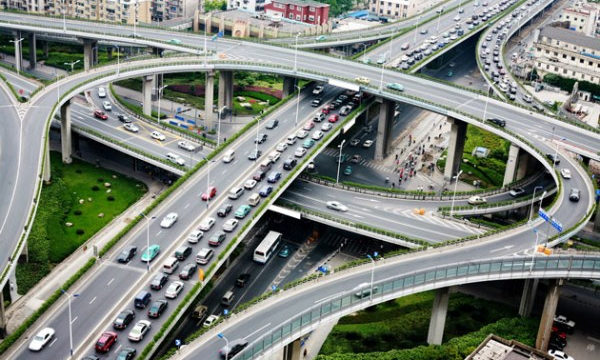
One thing everyone seems to agree on is that the sweeping transportation bill passed by the Legislature and just signed by the governor isn’t perfect. But there’s also agreement that despite the shortcomings, it represents the state’s largest new investment in infrastructure in almost 40 years. You won’t see big changes overnight, but the new law finally removes Louisiana from the very short list of states that had refused to put new money into roads and bridges.
The story of HB 514 is long and convoluted, made all the more unusual by the fact that in its original incarnation, and through most of the legislative session, it had nothing to do with transportation. It was a bill to tax medical marijuana.
It morphed when it ran into the energized current running through the Capitol that this was the year something had to be done to put new money into infrastructure. When it became apparent that it wasn’t going to come from an increase in gasoline taxes, the hunt began for another way to do it, and the marijuana bill was transformed into the transportation bill.
Instead of generating new money, the approach lawmakers landed on simply redirected about $300 million in existing revenues that were going to the State General Fund to a different fund, constitutionally dedicated to infrastructure projects. The transfer will start in 2023 and by 2024 60% of all vehicle sales taxes will be earmarked for transportation.
The legislation requires that 75% of these newly-dedicated revenues go to fund capacity projects – things like new bridges, highway upgrades, and widening projects – with the other 25% going to maintenance and repair.
There were questions in the immediate aftermath of the session over whether the governor would sign the bill, particularly since he had expressed concerns about the impact the transfer would have on the State General Fund, which supports essential services like health care and education. But he did.
Perhaps that was because lawmakers made a last-minute change that reduced transfers to $150 million in a year when the Revenue Estimating Conference forecast an overall deficit of $100 million or more. It was enough to convince the Legislature, as 88 House members and 37 senators voted for the bill – an overwhelming majority in each chamber.
The journey of HB 514 says a lot about the art and strategy of compromise, which at times has been as lacking in our Legislature as it currently is in the U.S. Congress. The $300 million this measure will generate is only about half of what proponents were seeking when they proposed an increase in the gasoline tax. That means everyone that wants a major project will have to wait a bit longer than they might have.
It’s also a given that for those who support increased investment in things like early learning and postsecondary education, their job will be much more difficult, and the timeframe more drawn out. Then there’s the fact that the Legislature is making yet another dedication. That’s why no one thinks this new plan is perfect. Such is the art of compromise.
But what one can say is that this year the Legislature did something that it doesn’t often do when it comes to spending. It set a priority. In a state with many priorities, one can argue about what should rise to the top. But the concern about infrastructure has been burning so long and the pressure to do something growing so intense, that lawmakers finally took action.
There are imperfections on both sides, but when the system works and major legislation is passed, it usually looks something like this.
